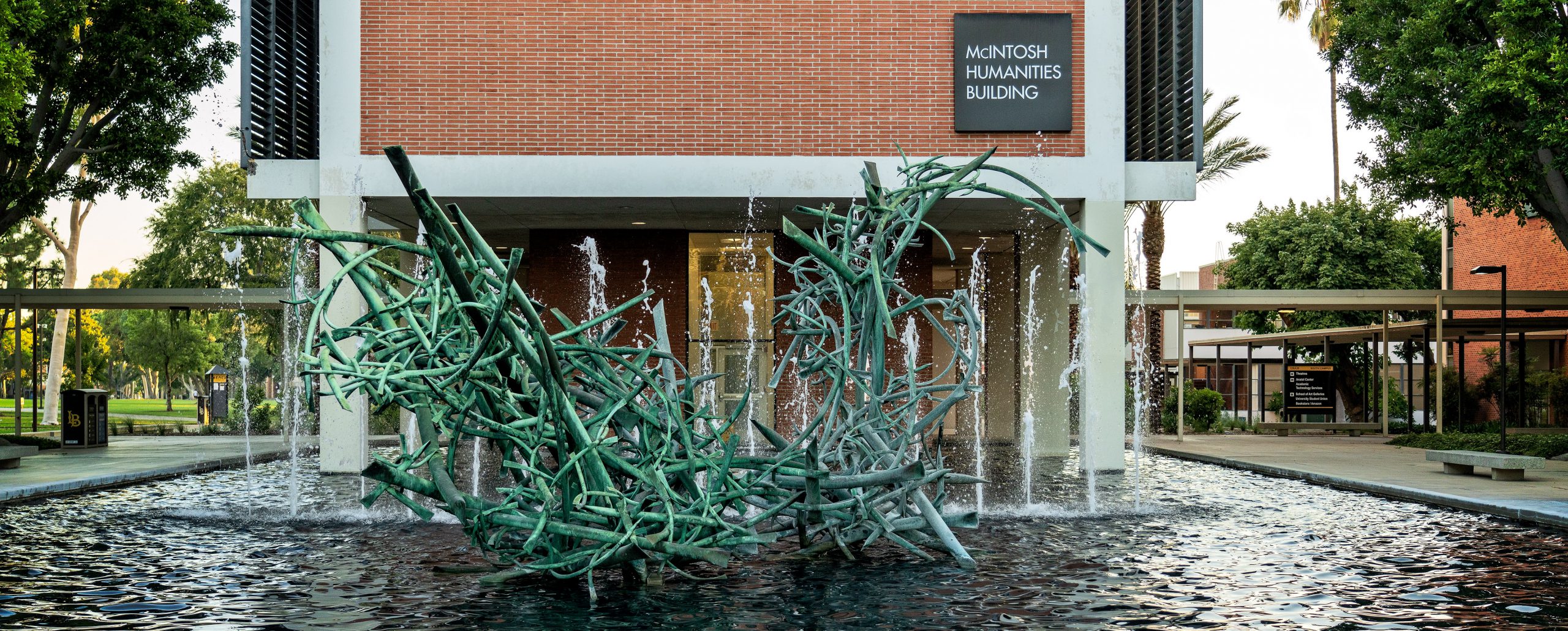Sovrin Magazine Interviews Asian and Asian American Studies' Dr. Teri Yamada
March 18, 2014 Dr. Teri Yamada, Chair of the Department of Asian and Asian American Studies and CFA Chapter President of CSULB, recently was interviewed for Sovrin Magazine’s latest issue, “Khmer Literature Reviving.” Sovrin Magazine is the pre-eminent fashion magazine in Cambodia, which also reports on contemporary Cambodia culture. This article featured Dr. Yamada’s background and why she started an NGO (Nou Hach Literary Association) to support modern literature in Cambodia.
Dr. Teri Yamada, Chair of the Department of Asian and Asian American Studies and CFA Chapter President of CSULB, recently was interviewed for Sovrin Magazine’s latest issue, “Khmer Literature Reviving.” Sovrin Magazine is the pre-eminent fashion magazine in Cambodia, which also reports on contemporary Cambodia culture. This article featured Dr. Yamada’s background and why she started an NGO (Nou Hach Literary Association) to support modern literature in Cambodia.Dr. Yamada was born in Santa Monica, California and grew up speaking English. However, as Yamada grew up through the 1960s, a time in which Asian philosophy was popular among college students in the U.S., Yamada became interested in Asian cultures as she read more literature. Starting with a study of Buddhism in high school, Yamada eventually ended up in the Buddhist Studies program at UC Berkeley. She was particularly interested in the changes in culture that occurred with the translation of texts from one language to another.
After returning from seven years in Japan in 1986, Yamada switched her focus from Buddhist Studies to Asian literature and culture. Yamada’s shift to modern Southeast Asian literatures and cultures with an emphasis on Cambodia was largely due to the significant population of Cambodians in Long Beach and her interest in the community. There was no course in Khmer language at CSULB when Yamada first started teaching here in 1987 despite the campus having the largest number of Khmer college students than any other university in the U.S. With eight years of effort, Dr. Yamada managed to acquire a Khmer Language course here at CSULB.
Cultivating a history with Cambodia and especially Cambodian literature and writers, Dr. Yamada was invited to attend the First Conference of Khmer Studies in 1996 at the Royal University of Phnom Penh. She returned two years later to work on a U.S. Aid project that CSULB was involved with at the Royal University of Phnom Penh. During this time, Yamada attended a World Bank Conference on higher education and got to know the program director for the Toyota Foundation. He was supportive of funding a writers and literature project in Cambodia, and so Yamada began to explore the possibility of forming a group with local writers. From there, Dr. Yamada set up the Nou Hach Literary Association in 2002, partly because she had discovered that there was not much ‘modern’ literature available for students to read in the Khmer Language Course.
After ten years of running the Nou Hach Literary Association, Dr. Yamada has seen tremendous change in modern Cambodian literature, which she asserts is partly due to how many young people are now college educated and that the broader population of a reading audience is a relatively new phenomenon.
According to Yamada, there are many children’s stories of good quality in Khmer that have been published by SIPAR and Room to Read. However, the problem is gaining access to those stories, especially in rural areas. She says that it is up to the new emerging writers to produce compelling stories for youth to read, and she emphasizes that writing is an expression of creativity and that creativity is necessary for social and personal problem solving. For Yamada, a good story pushes people to think and can be a basis for change.
